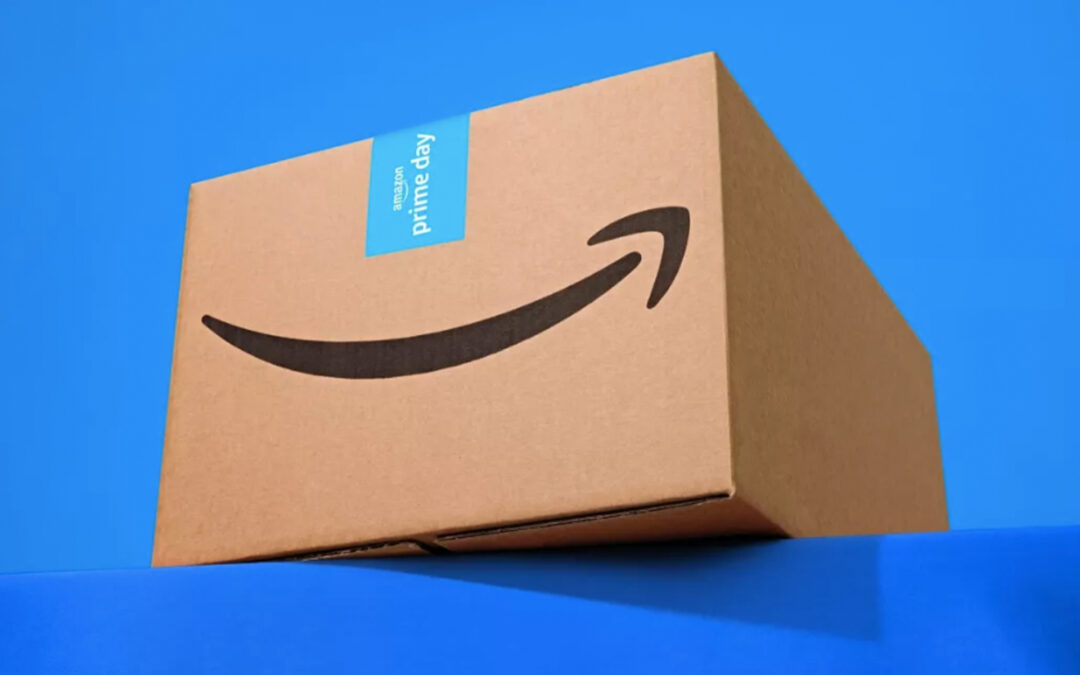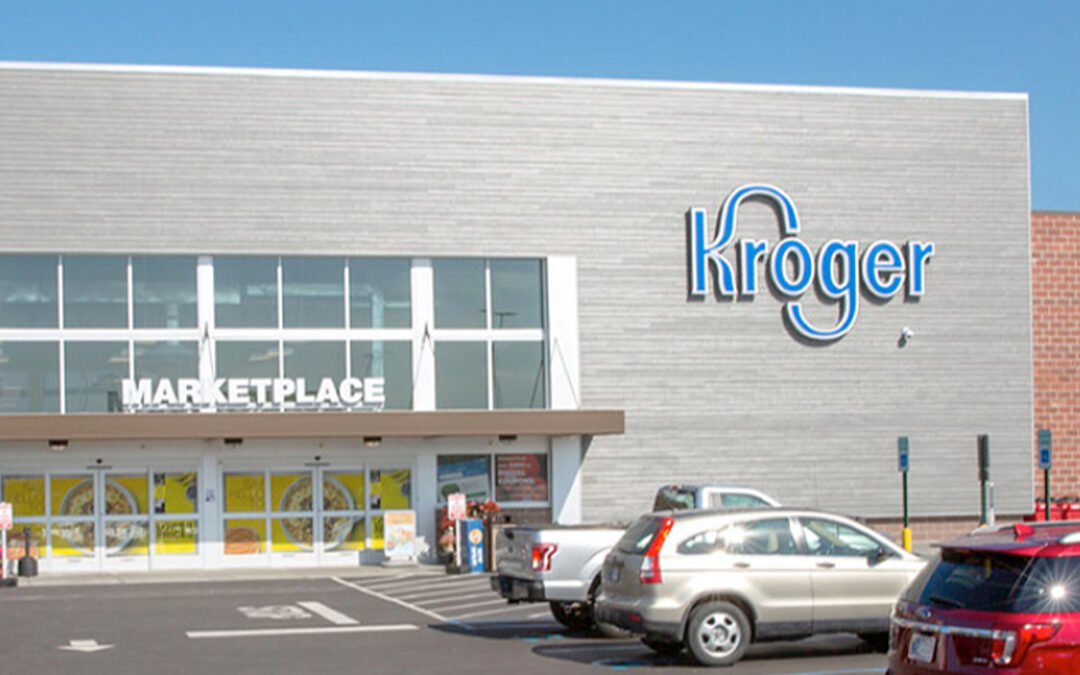Best Buy CEO Corrie Barry, noting continuing macroeconomic headwinds that weighed on the company’s first-quarter financial results, said better prospects lay ahead as sales declines in the tech sector bottom out.
Net earnings were $244 million, or $1.11 per diluted share, versus $341 million, or $1.49 per diluted share, in the year-prior quarter, the company reported. Adjusted for one-time events, net earnings were $1.15 per share versus $1.57 in the year-earlier period.
Best Buy beat a Yahoo Finance-published analyst average estimate for adjusted earnings per share of $1.11, but it came up short of the revenue estimate of $9.52 billion.
Comparable sales fell 10.1%, the company stated, while domestic segment comps slid 10.4% and online comps tumbled 12.1%.
Revenue was $9.47 billion versus $10.65 billion in the year-before quarter. Operating income was $311 million versus $462 million in the year-previous period while adjusted operating income was $322 million versus $485 million.
Domestic revenue of $8.8 billion declined 11% in the quarter year over year, primarily driven by the 10.4% comp slide. From a merchandising perspective, computing, appliances, home theater and mobile phones were the largest drivers of the comp decline on a weighted basis. In contrast, Best Buy experienced growth in the gaming and services segments, the company maintained.
Domestic online revenue of $2.69 billion decreased 12.1% on a comp basis in the quarter year over year. As a percentage of total Domestic revenue, online was 30.5% versus 30.9% in the year-past period.
In a conference call, Barry noted, “As we look to the rest of the year. we expect the macro environment to continue to pressure demand in our industry.”
Barry said Best Buy expects comparable sales to improve year over year as the company laps last year’s negative comps. “Based on what we see right now,” she added, “we continue to believe that calendar 2023 will be the bottom for the decline in tech demand.”
Barry said the company expects the innovation cycle to pick up as well with the cloud, augmented reality, generative AI, and expansion of broadband access playing roles. Best Buy is expanding into areas where technology is driving change, Barry indicated, such as EV car charging, wellness technology, outdoor living and personal electric transportation, and the company is balancing resources to flexibly and effectively manage the digital, omnichannel and in-store components of its business.
Barry pointed out that the company’s decision to reorganize its membership program earlier this year was made to boost consumer engagement and, over time, share of wallet.
“Today we are reporting Q1 sales results that are right in line with the expectations we shared in March and profitability that was better than expected, demonstrating our strong operational execution,” Barry said. “We continue to appropriately balance the need to adjust in response to the current industry sales trends with the need to invest so we can capitalize on opportunities as our industry moves through this downturn and returns to growth.”
In the current uncertain economy, Barry added, consumers are being cautious and making tradeoffs when it comes to purchasing.
“At the same time, in the first quarter, we continued to see our purchasing customer behavior remain relatively consistent in terms of demographics and the percentage of purchases categorized as premium,” Barry said. “In addition, our focus on being there for our customers with expertise and support was highlighted by material improvements in customer satisfaction scores for our in-home services and delivery, and record scores in remote support, in-home repair, store care, and Best Buy Totaltech call center experiences, all key differentiators for us.”





